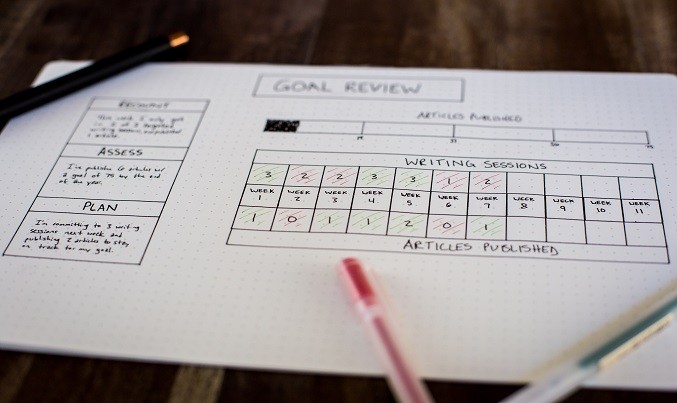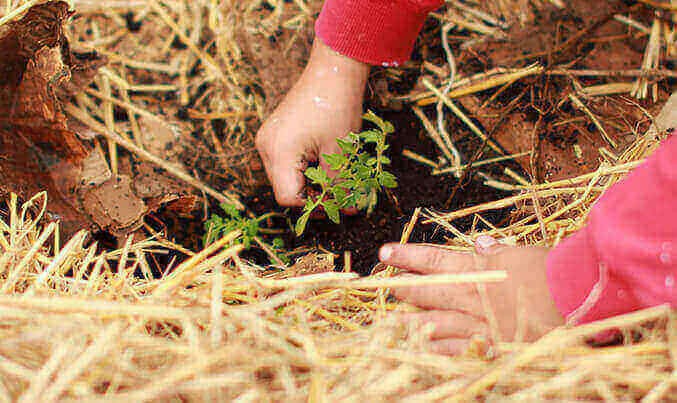“Blockchain technology is a distributed, digital, peer-to-peer ledger that records, verifies and validates data on its public database without recourse to a centralised authority, or intermediary, to manage the data.” (Novak, 2018) It has been used in financial technology, real estate, and government, among other industries (Laurence, 2019). In financial technology, blockchain has been used to manage and move money. In real estate, notarization is integrated with blockchain. In government, blockchain is used to fight against cybercrime and identity theft and to develop smart cities. With all these applications, it only took some time before the nonprofit sector tried it out as well.
What makes blockchain good?
Blockchain has been shown to help the nonprofit sector through several ways. One way is by strengthening transparency. Blockchain allows interested parties to verify donations and donation-financed activity (Novak, 2018). It enables the parties to track where exactly donations go (Jayasinghe, Cobourne, Markantonakis, Akram, & Mayes, 2018; Blockchain Use Cases: Charity, 2019; Klein, 2019]. Another is through its cost-effectiveness. International transaction fees are low (Jayasinghe, Cobourne, Markantonakis, Akram, & Mayes, 2018), and taxes are reduced in some countries such as the United States (Blockchain Use Cases: Charity, 2019). Still, another way is through its speed. Blockchain transactions can be completed in 50 minutes while existing methods can take up to several days (Jayasinghe, Cobourne, Markantonakis, Akram, & Mayes, 2018). Moreover, blockchain harnesses decentralization. Blockchain transactions don’t go through a centralized government or other institution (Blockchain Use Cases: Charity, 2019) which makes it fast and cost-effective. Lastly, it increases openness by facilitating digital data storage and sharing (Blockchain Use Cases: Charity, 2019; Klein, 2019].
An illustration of how blockchain has helped philanthropic organizations and philanthropists who give to individuals is the World Food Programme (WFP) Building Blocks, which is a cash-based humanitarian assistance to address hunger and food security (Coppi & Fast, 2019). Building Blocks has helped more than 100,000 Syrian refugees in Jordan through more than 1.1 million transactions in just 16 months, amounting to over USD 11 million. Through Ethereum, the blockchain behind this initiative, WFP was able to track every transaction at each retailer, saving up to USD 40,000 per month or 98% of their previous spending due to reduced financial transaction fees.
To add, a recent adopter of blockchain has been the United Nations Development Programme (UNDP) in Asia and the Pacific as it partnered with Blockchain Charity Foundation (BCF) (Blockchain Charity Foundation and UNDP announce partnership to explore blockchain for social good, 2018). UNDP’s first success with blockchain was with the state of Haryana in India where they built a blockchain-based land registry. Guided by this experience, UNDP, in partnership with BCF, will work to solving the region’s development challenges through innovative solutions.
What makes blockchain bad?
Blockchain is an impressive tool to lead us to a better world, but like all new things, one must be wary and cautious especially during its infancy. Firstly, note its volatility. Most blockchain currencies are exchanged on highly volatile markets and also undergo big fluctuations in value (Blockchain Use Cases: Charity, 2019). Secondly, consider its insecurity as private keys once lost cannot be recovered (Blockchain Use Cases: Charity, 2019). Worse, if the keys are poorly managed, these can fall to the wrong hands (Blockchain Use Cases: Charity, 2019). Lastly, think about its public awareness and understanding. Blockchain can be hard to understand so trust and adaptability may become an issue (Blockchain Use Cases: Charity, 2019).
Is blockchain for you?
This article has shown the advantages and disadvantages of using blockchain for social good. Blockchain, a distributed ledger technology, can bring to the processes of nonprofit organizations transparency, cost-effectiveness, speed, openness, and freedom but can be volatile, insecure, and poorly understood. Hopefully this piece, has helped you decide whether to use blockchain in your organization. Feel free to read the references to get a deeper understanding of blockchain and philanthropy. Lastly, if decision trees are for you, then visit Anwar’s article for 101 Blockchains (Anwar, 2018) which goes through the following segments: Digital Assets and Multiple Parties; Technical Approach; Network Configuration, and Final Deciding Factors.
References
- Anwar, H. (2018, October 04). Do You Need a Blockchain? The Ultimate Blockchain Decision Tree. Retrieved May 30, 2019, from https://101blockchains.com/do-you-need-a-blockchain/
- Blockchain Charity Foundation and UNDP announce partnership to explore blockchain for social good. (2018, September 25). Retrieved May 30, 2019, fromhttp://www.asia-pacific.undp.org/content/rbap/en/home/presscenter/pressreleases/2018/blockchain-charity-foundation-and-undp-announce-partnership-to-e.html
- Blockchain Use Cases: Charity. (2019, February 14). Retrieved May 27, 2019, from https://www.binance.vision/blockchain/blockchain-use-cases-charity
- Coppi, G., & Fast, L. (2019). Blockchain and distributed ledger technologies in the humanitarian sector (Humanitarian Policy Group (HGP) Commissioned Report). Retrieved May 30, 2019, from Overseas Development Institute (ODI) website: http://hdl.handle.net/10419/193658
- Jayasinghe, D., Cobourne, S., Markantonakis, K., Akram, R. N., & Mayes, K. (2018). Philanthropy on the Blockchain. Information Security Theory and Practice Lecture Notes in Computer Science, 25-38. doi:10.1007/978-3-319-93524-9_2
- Klein, J. (2019, February 16). 73 Blockchain Social Good Organizations That Are Actually Doing Something. Retrieved May 27, 2019, from https://breakermag.com/73-blockchain-social-good-organizations-that-are-actually-doing-something/
- Laurence, T. (2019). Blockchain for dummies (2nd ed.). Hoboken, New Jersey: John Wiley & Sons.
- Novak, M. (2018). Crypto-Altruism: Some Institutional Economic Considerations. SSRN Electronic Journal. doi:10.2139/ssrn.3230541











